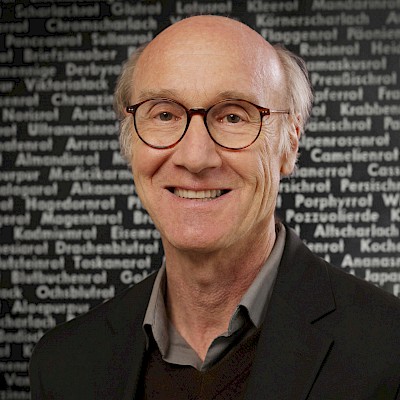Joan Ramon Resina (Barcelona, 1956) is Professor in the Department of Iberian and Latin American Cultures and the Department of Comparative Literature at Stanford University, where he directs the Iberian Studies Program at the Europe Center. He holds a Ph.D. in Comparative Literature by U.C. Berkeley and a Ph.D. in English by the University of Barcelona. He has been visiting Professor at the Humboldt University in Berlin, Universidad Iberoamericana in Mexico, Universidad de Murcia, Universitat de València, the CUNY Graduate Center, and Columbia University. Awards include the Donald Andrews Whittier Fellowship at the Stanford Humanities Center, the Fulbright fellowship, the Alexander-von-Humboldt fellowship, a Wien International Scholarship, a DAAD grant, fellowships at the Simon Dubnow Institute in Leipzig and at the Internationales Kolleg Morphomata in Cologne, the Serra d’Or prize for literary criticism, the Omnium Cultural award (Ex Aequo with the TV channel Arte), and the Literary Criticism Award of the Institució de les Lletres Catalanes. He has published one hundred and fifty essays in professional journals and collective volumes. Between 1998 and 2004 he was general editor of Diacritics and coordinated a special issue of this journal titled »New Coordinates: Spatial Mappings, National Trajectories.«
The »I« That Will Have Been: Autobiography as Performative Memory in the Works of Jorge Semprún
From his political »Autobiografía de Federico Sánchez« (his alias as an undercover agent of the Spanish Communist Party) to his novel »Le grand voyage« and his memoires »Quel beau dimanche, L’écriture ou la vie« (an account of his deportation to Buchenwald), and »Adieu, vive clarté,« the narrative about his adolescence as a republican exile in Holland and then in France, all these writings about past selves are integrated as stages in the building of the self under the canopy of one single, continuous identity. As such, the texts, however discrete they may be as textual artifacts consisting of eclectic stories, anecdotes, reflections, imaginations, descriptions of other people, and self-references, add up to a more general, transgeneric form of life writing and self-imaging.
In all these »self-portraits,« fictionality is present, as Philippe Lejeune explained in his classic study »Le pacte autobiographique,« not so much in the imaginary constitution of the self by means of un-historical events as in the deployment of narrative techniques borrowed from fiction. This move allows the self-fashioning subject to digress from the monological contemplation of self and to fill the image’s outline with all kinds of contents that take the place of experiences in the subject’s real life.
